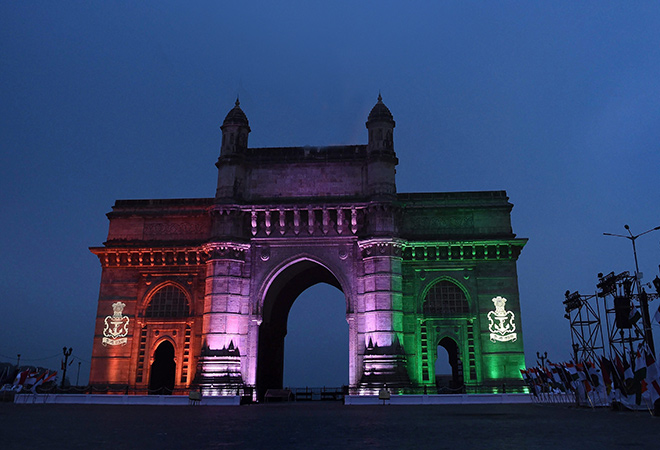
India’s coastal security: An assessment
Coastal preparedness is better than earlier — but the overall picture remains less than satisfactory. While the state of inter-agency coordination has improved, state governments continue to be indifferent to needs of coastal security, and the state-police still reluctant to shoulder responsibility.
The tenth anniversary of 26/11 is an apt occasion to review the state of India’s coastal security preparedness. In the aftermath of the attacks on Mumbai, the government made concerted efforts to improve coastal security infrastructure and law enforcement. In a radical overhaul of the coastal defence apparatus, a three-tier security grid was installed with the Indian Navy, the coast guard, and the marine police jointly patrolling India’s near-seas. An existing Coastal Security Scheme (originally instituted in 2005) was accelerated, with greater fund allocations for coastal infrastructure, including police stations and radar stations along India’s coastline. The enterprise included measures to improve ‘surveillance and domain awareness,’ through the installation of radar stations and identification systems), and the enhancement of coordination through Joint Operation Centres (JOCs).
A decade later, coastal preparedness is better than earlier, but the overall picture remains less than satisfactory. While the state of inter-agency coordination has improved, state governments continue to be indifferent to needs of coastal security, and the state-police still reluctant to shoulder responsibility. The real problem, observers point out, are systemic flaws in the policing apparatus. From low numbers of marine police stations, to the underutilisation of patrol boats for coastal tasks, absence of shore-based infrastructure, through to manpower shortages and unspent funds, coastal managers are yet to resolve many structural issues plaguing the system.
Regrettably, the proposal to set up an apex coastal authority remains frozen. India’s policymakers recognise the need for a full-time manager to coordinate the large number of agencies (over 15) in the coastal security space. Officials say that the National Committee for Strengthening Maritime and Coastal Security, which presently coordinates joint activities, is at best an ad hoc arrangement. Yet, parliament has not been able to clear the coastal security bill that would establish a National Maritime Authority (NMA).
https://www.orfonline.org/expert-speak/indias-coastal-security-an-assessment-45692/
Related Posts
North Korean diplomat kicked out for smuggling.
Han Son Ik, the first secretary of the North Korean embassy in Dhaka, has been...
P3-B worth of fake goods destroyed in Laguna warehouse.
20, September 2018 l Philippines News Agency SAN PEDRO CITY, Laguna -- Bureau...
Federal prison nurse sentenced for $22,000 tobacco-smuggling scheme
A former nurse at the federal prison in Lexington was sentenced Wednesday to a...
Turkey seeks to bust vast smuggling racket bringing in meat from Syria: Minister
ISTANBUL – Turkish authorities have launched a major operation aimed at crushing...




